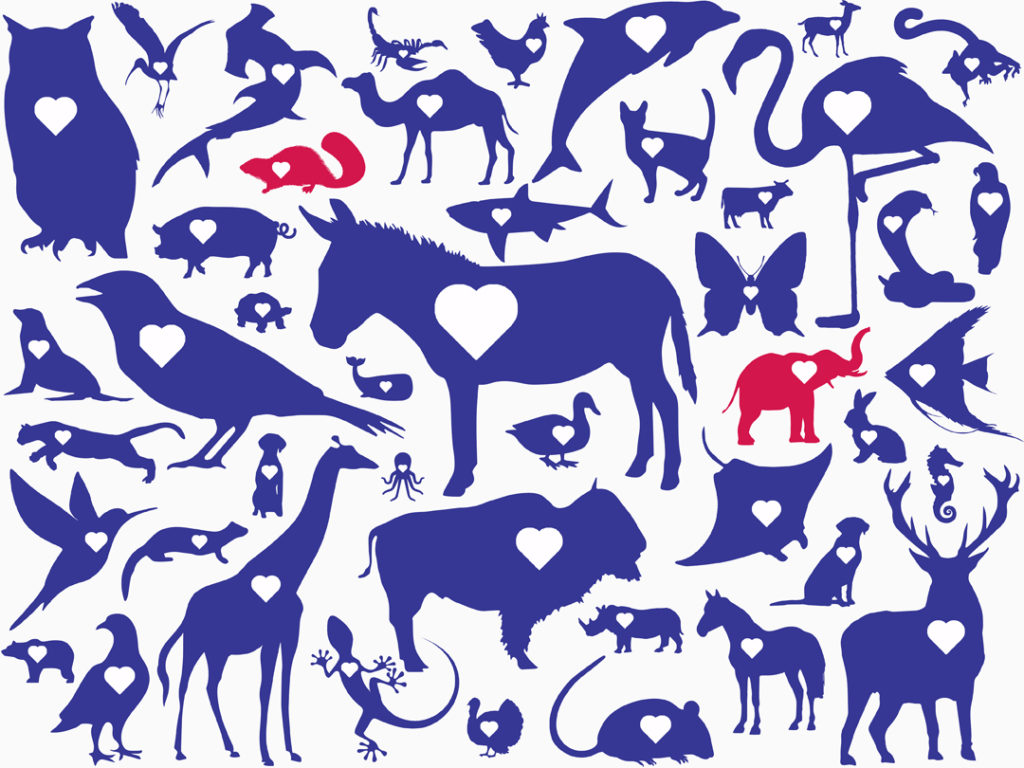Saving animals who are in trouble is a critical strategy for animal protection advocates, since animals are in crisis and extending a hand to relieve their suffering is among the best human instincts.
But it is axiomatic that we cannot rescue our way out of the crises that animals endure. We don’t have enough arms to extend a hand to more than a relative few of them. And many animals are caught up in legal enterprises, such as factory farming, puppy mills, and the wildlife trade, and the notion of rescue is impractical and impossible as a matter of scale and legality. And even if we could rescue billions of animals in crisis, where would we put them all?
That’s why, as a movement, we must pursue multiple strategies to make the world a better place. One of the critical strategies is leveraging the power of government to create legally established and enforced codes of conduct — for instance, a prohibition on cockfighting, a ban on selling shark fins, or a stricture on keeping animals in cages or crates so small that the animals cannot even turn around.
By working with lawmakers, or directly with voters on ballot measures, we can help millions of animals. That’s the primary purpose of Animal Wellness Action: Helping animals by promoting legal standards forbidding cruelty.
We’ve started this new lobbying and political organization because our movement has been too sparing in investing in these strategies. Investing our dollars and labor in these channels is essential to our future success.
To prevent cruelty, we must promote the enactment of good public policies and we must work to enforce those policies. To enact good laws, we must elect good lawmakers, and that’s why we remind voters which candidates care about our issues and which ones don’t.
The Policy Animal will be the newsletter from Animal Wellness Action, highlighting the importance of lobbying and lawmaking and candidate and ballot-measure electioneering.
There are urgent items before the Congress right now — from a ban on shark finning to the adoption of the nation’s first-ever national anti-cruelty law to a restriction on dogfighting and cockfighting in U.S. territories to maintaining the ban on horse slaughter on U.S. soil. There are also two critical ballot measures on tap for this November’s election — Prop 12 in California to stop extreme confinement of farm animals and Amendment 13 to ban greyhound racing in Florida. And there are a host of Congressional elections pitting animal protection advocates against adversaries to our cause.
In the face of cruelty, we can be bystanders or we can confront cruelty. We are confronting it and working to forge solutions to help animals and people. There’s no need for cruelty in our era. We can meet the necessities of life, we can make a living, and we can have joyful experiences without leaving a trail of animal victims in our wake. In the end, we believe helping animals helps us all.
Join us. Progress requires participation. It requires action.
